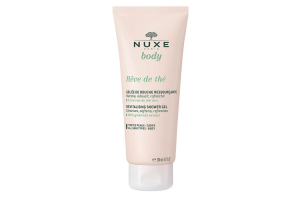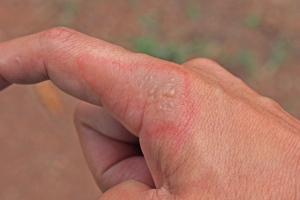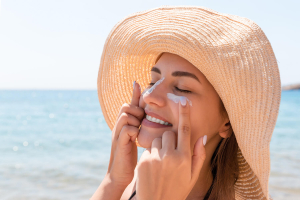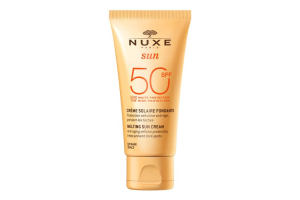The Importance of Prompt Treatment for Infected Insect Bites
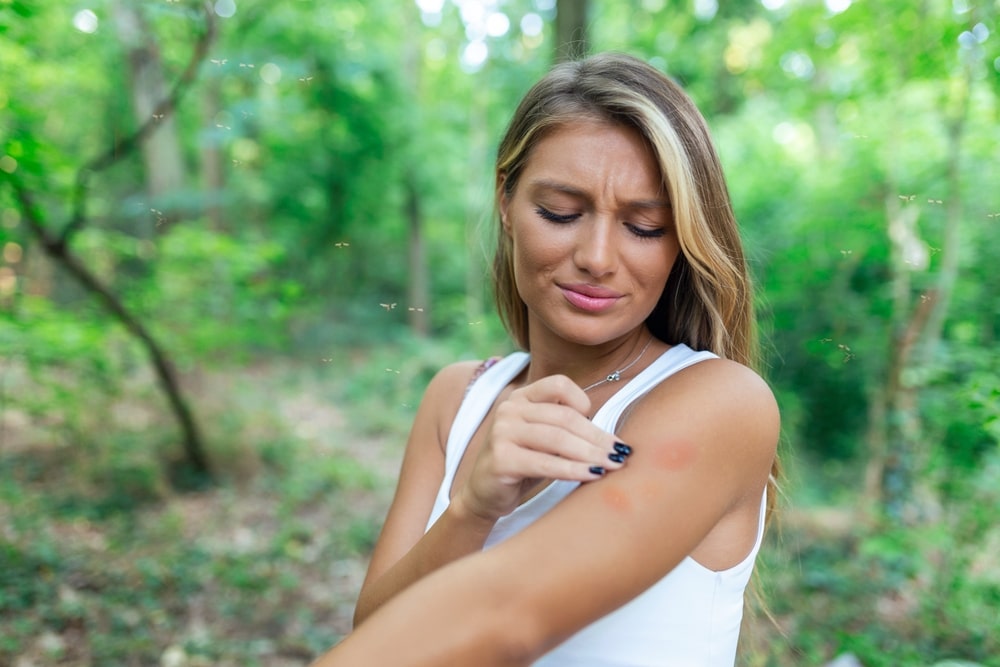
Insect bites are a common occurrence, especially during warmer months when people spend more time outdoors. While most bites are harmless and result in nothing more than a temporary itch or mild irritation, some can become infected, leading to more serious health issues. Prompt treatment of infected insect bites is important to prevent complications and ensure a swift recovery. In this article, we'll explore the importance of addressing infected insect bites without delay.
Understanding Infected Insect Bites
Insect bites become infected when bacteria enter the skin, usually through the bite wound or when the bite is scratched. Signs of an infected bite include increased redness, swelling, warmth around the area, pus and pain. In some cases, the infection can spread, causing fever and swollen lymph nodes. It's essential to recognise these symptoms early to seek appropriate treatment.
Why Prompt Treatment is Essential?
Preventing the Spread of Infection: Without timely intervention, the infection can spread to surrounding tissues or enter the bloodstream, leading to more severe conditions like cellulitis or sepsis. Early treatment helps contain the infection and prevent it from worsening.
● Reducing Pain and Discomfort: Infected bites can be painful and cause significant discomfort. Prompt treatment can alleviate pain and reduce swelling, helping the affected individual feel more comfortable.
● Avoiding Scarring: If left untreated, infected bites can lead to scarring. Early treatment reduces the risk of permanent marks on the skin, especially important in visible areas.
● Minimising Complications: Certain individuals, such as those with weakened immune systems or underlying health conditions, are at higher risk of complications from infected insect bites. Quick treatment is important to minimise these risks.
● Preventing Transmission: In some cases, infected bites can be a source of transmission for diseases, such as Lyme disease from tick bites. Timely treatment helps prevent the spread of such diseases.
Insect Bite Treatment Options
The treatment for an infected insect bite depends on the severity of the infection. Here are some common approaches:
● Home Care: For mild infections, home care may suffice. This includes cleaning the area with soap and water, applying an antiseptic cream and covering the bite with a sterile bandage. Over-the-counter pain relievers and anti-inflammatory medications can help manage pain and swelling.
● Antibiotics: If the infection is more severe or doesn't improve with home care, our healthcare professional may prescribe antibiotics. It's important to complete the entire course of antibiotics, even if the symptoms improve before finishing the medication.
● Warm Compresses: Applying warm compresses to the affected area can help reduce swelling and promote healing.
● Elevation: If the infected bite is on a limb, elevating the affected area can help reduce swelling.
Prevention Tips
While prompt treatment is essential, preventing insect bites in the first place is the best strategy. Here are some tips to avoid bites:
● Use Insect Repellent: Apply insect repellent on exposed skin when spending time outdoors, especially in areas known for insect activity.
● Wear Protective Clothing: Long sleeves, pants and closed-toe shoes can provide a barrier against bites.
● Avoid Peak Times: Insects like mosquitoes are more active during dawn and dusk. Limit outdoor activities during these times if possible.
● Keep Surroundings Clean: Regularly dispose of garbage and eliminate standing water, which can attract insects.
● Use Bed Nets: If travelling to areas with a high risk of insect-borne diseases, use bed nets treated with insecticide for added protection.
Seek Expert Care for Infected Insect Bites
Infected insect bites can lead to discomfort, pain and more serious health complications if left untreated. Recognising the signs of infection and seeking prompt treatment is important to prevent the spread of infection and ensure a quick recovery.
Additionally, taking preventive measures to avoid insect bites can help reduce the risk of infections and the need for treatment. Always consult with our healthcare professional if you suspect an infected insect bite or if you have concerns about your health following a bite.
For expert treatment of infected insect bites in Banstead, Earlsfield, Epsom, London and Merton, get in touch with Pearl Chemist Group. Our dedicated team provides complete care through our Pharmacy First, ensuring you receive prompt attention and tailored solutions for your needs. Contact us today for personalised advice and effective solutions.


